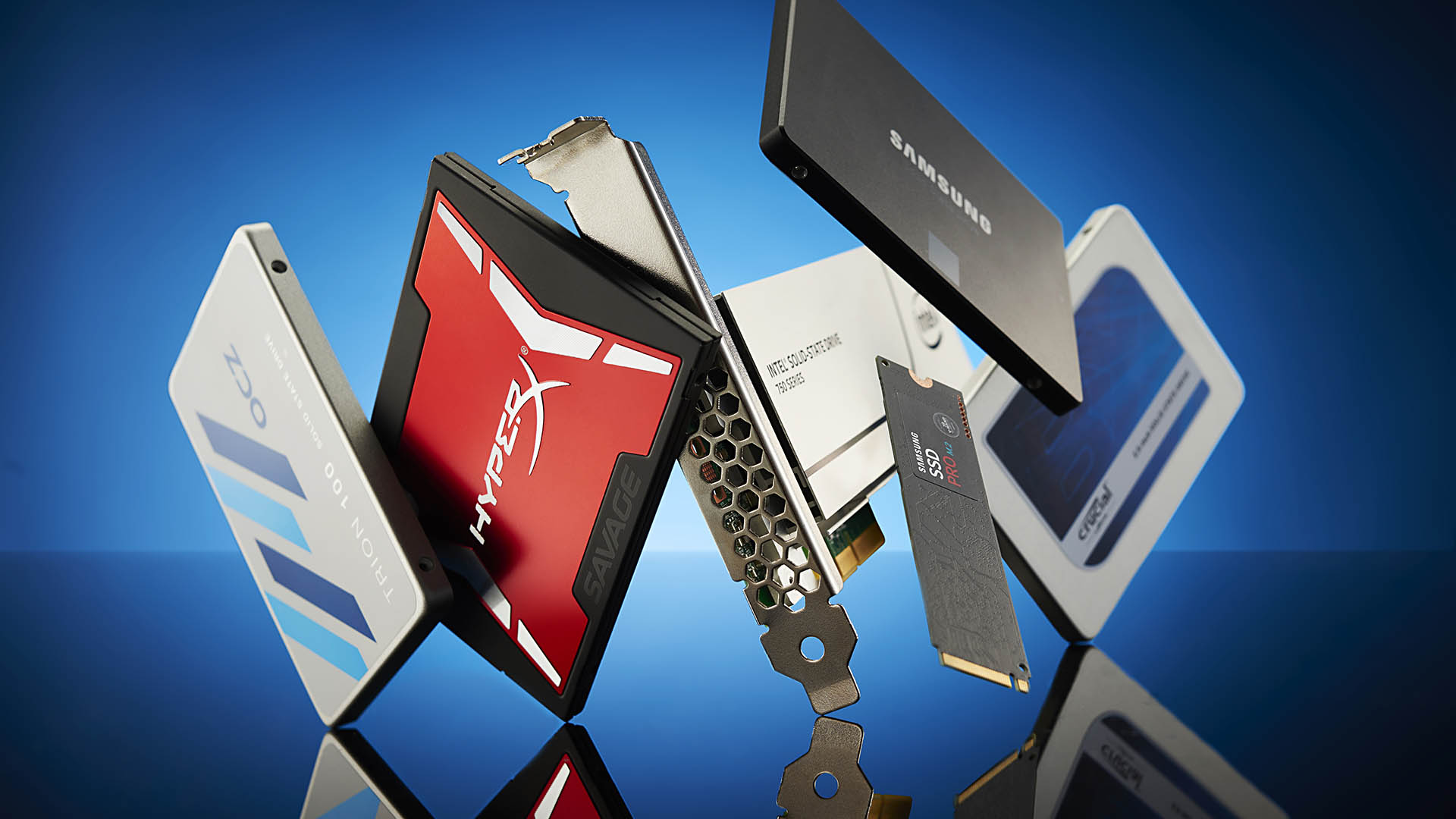100TB hard drives could be possible thanks to graphene
Hard drives aren't ready to give up the ghost just yet, and the latest research promises to get them back on track to hit 100TB capacities in the next decade.
This capacity was initially promised by Heat Assisted Magnetic Recording technology, or HAMR for short, but it's hit a few speed bumps on the way. Worry not though, because the wonder material that is graphene has jumped to the rescue yet again to make for a smoother tomorrow for all.
Heat Assisted Magnetic Recording technology is still key to hitting huge capacity hard drives, but as the data density has increased, so the impact of friction, wear, corrosion and thermal stability have stepped in to spoil everyone's party.
At the moment HAMR hard drives use carbon-based overcoats (COCs) to protect the drive platter surfaces. The problem is, this COC layer is still relatively thick, and that's been limiting the pursuit of high data densities.
Researchers from the University of Cambridge, specifically the Cambridge Graphene Centre, believe they have the answer—replace those carbon overcoats with graphene overcoats (GOCs, I guess).

Best SSD for gaming: the best solid state drives around
Best PCIe 4.0 SSD for gaming: the next gen has landed
The best NVMe SSD: this slivers of SSD goodness
Best external hard drives: expand your horizons
Best external SSDs: plug in upgrades for gaming laptops and consoles
They tested this out by replacing carbon overcoats with graphene ones and sure enough, the graphene overcoats lowered surface friction, offered improved corrosion protection, and made for much smoother surfaces as well.
If you know your way around a science paper then you can check out the whys and wherefores in this write-up over at Nature Communications, but be warned it isn't particularly light reading.
The takeaway here though is that hard drives still have a place in our PCs, despite the advances made with SSDs. We shudder to think how much a 100TB M.2 drive would cost.

Post a Comment